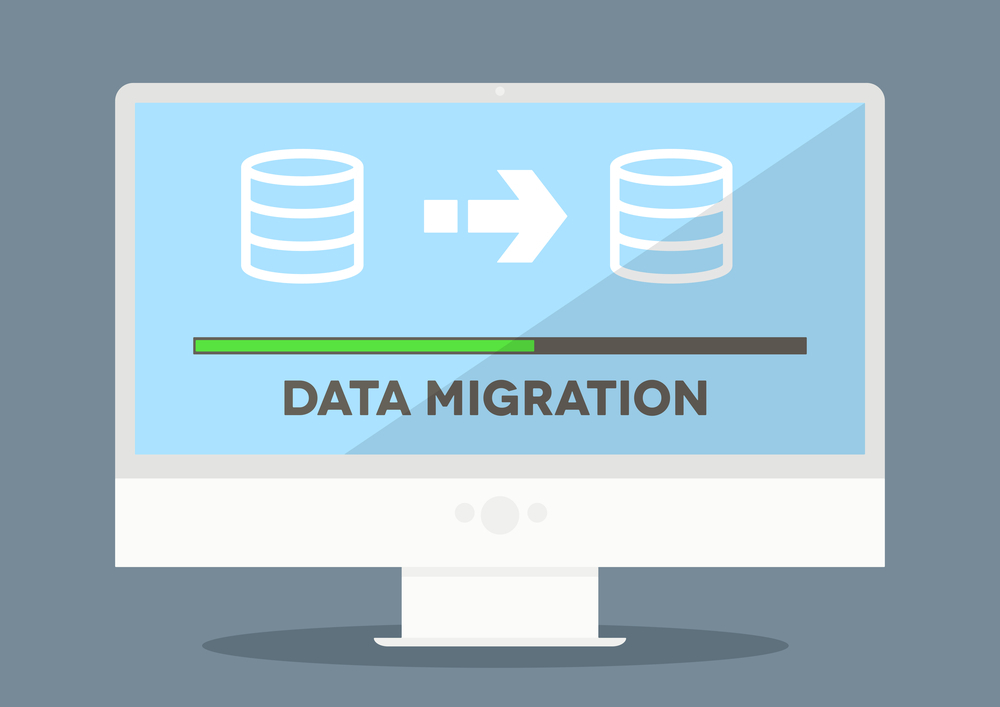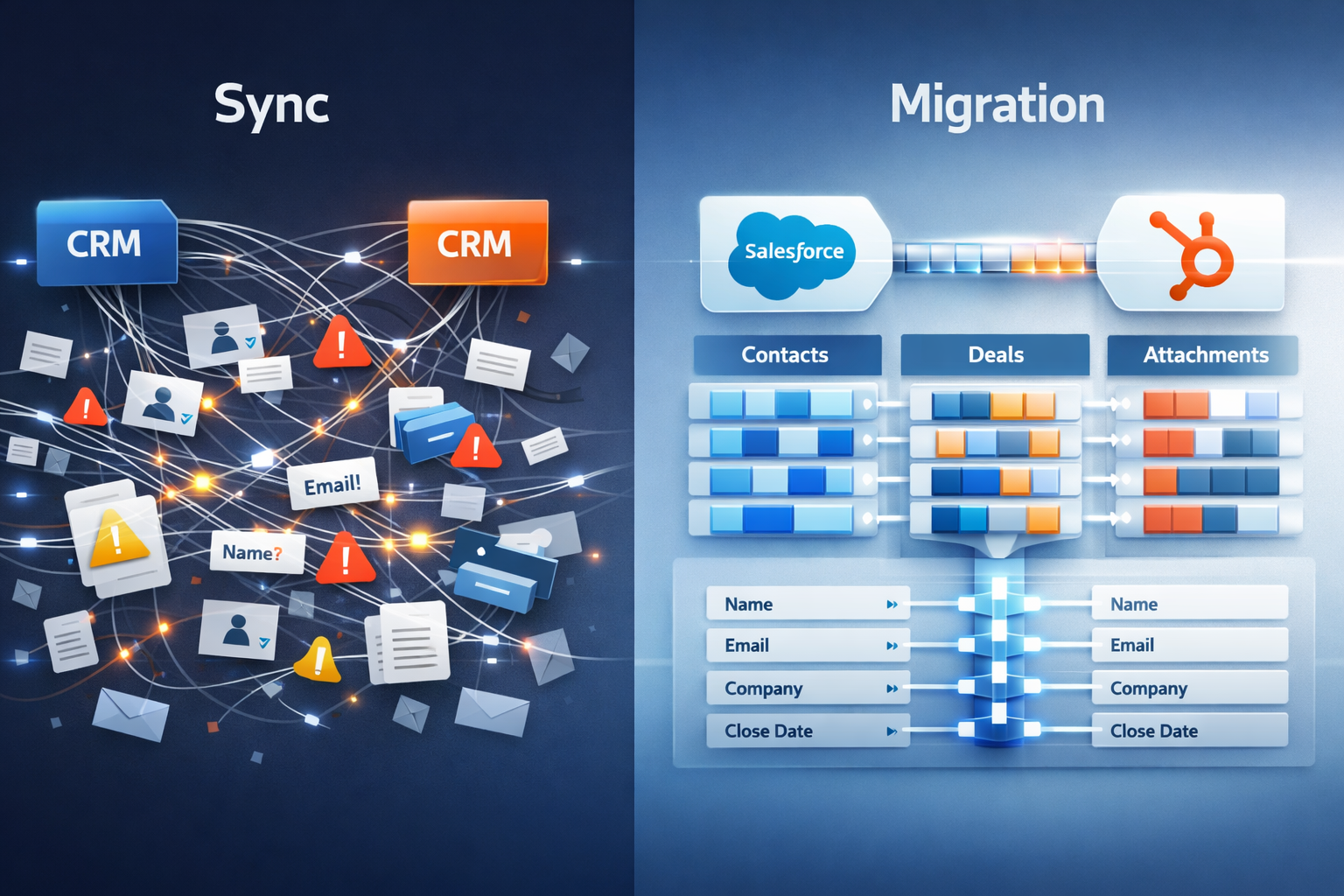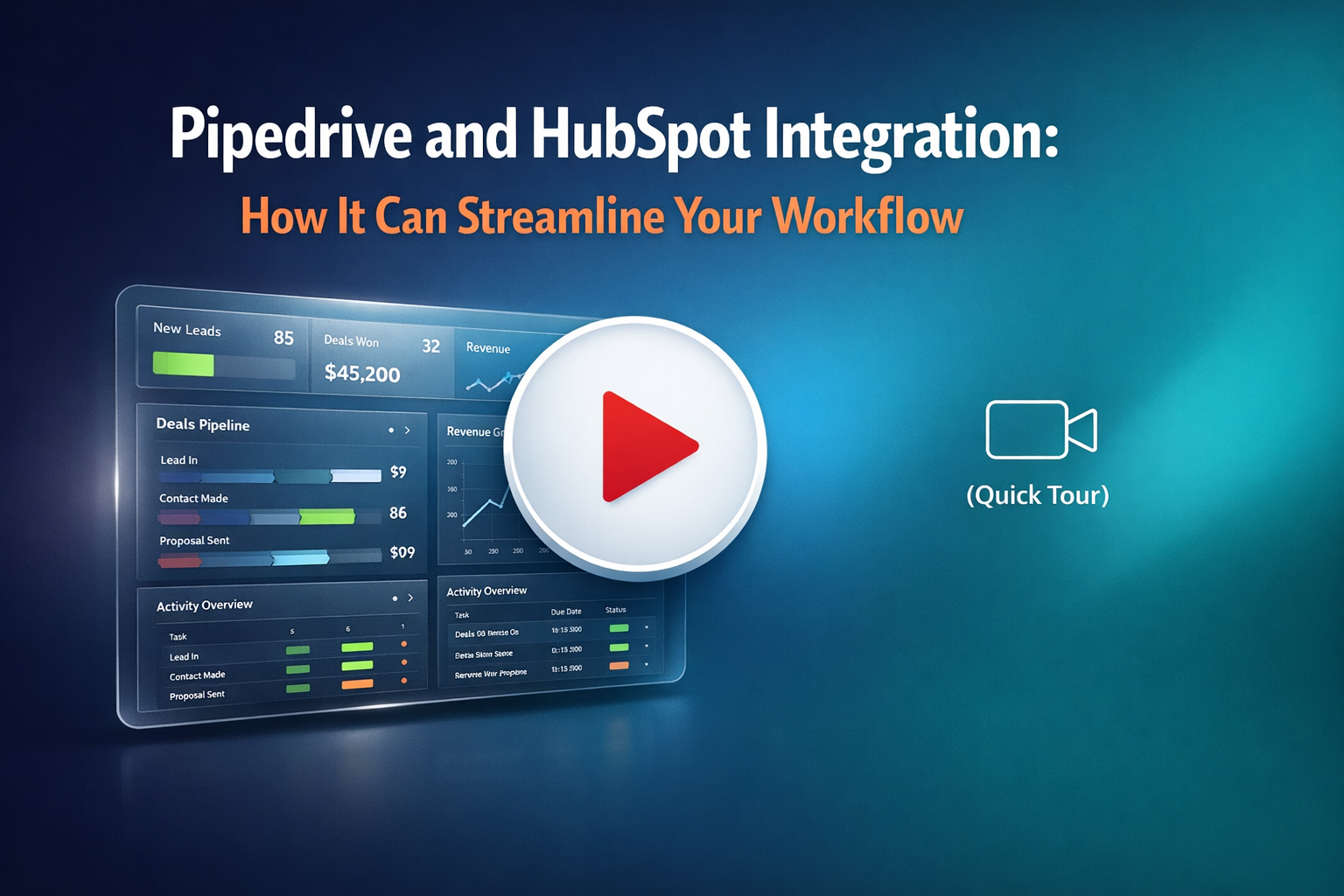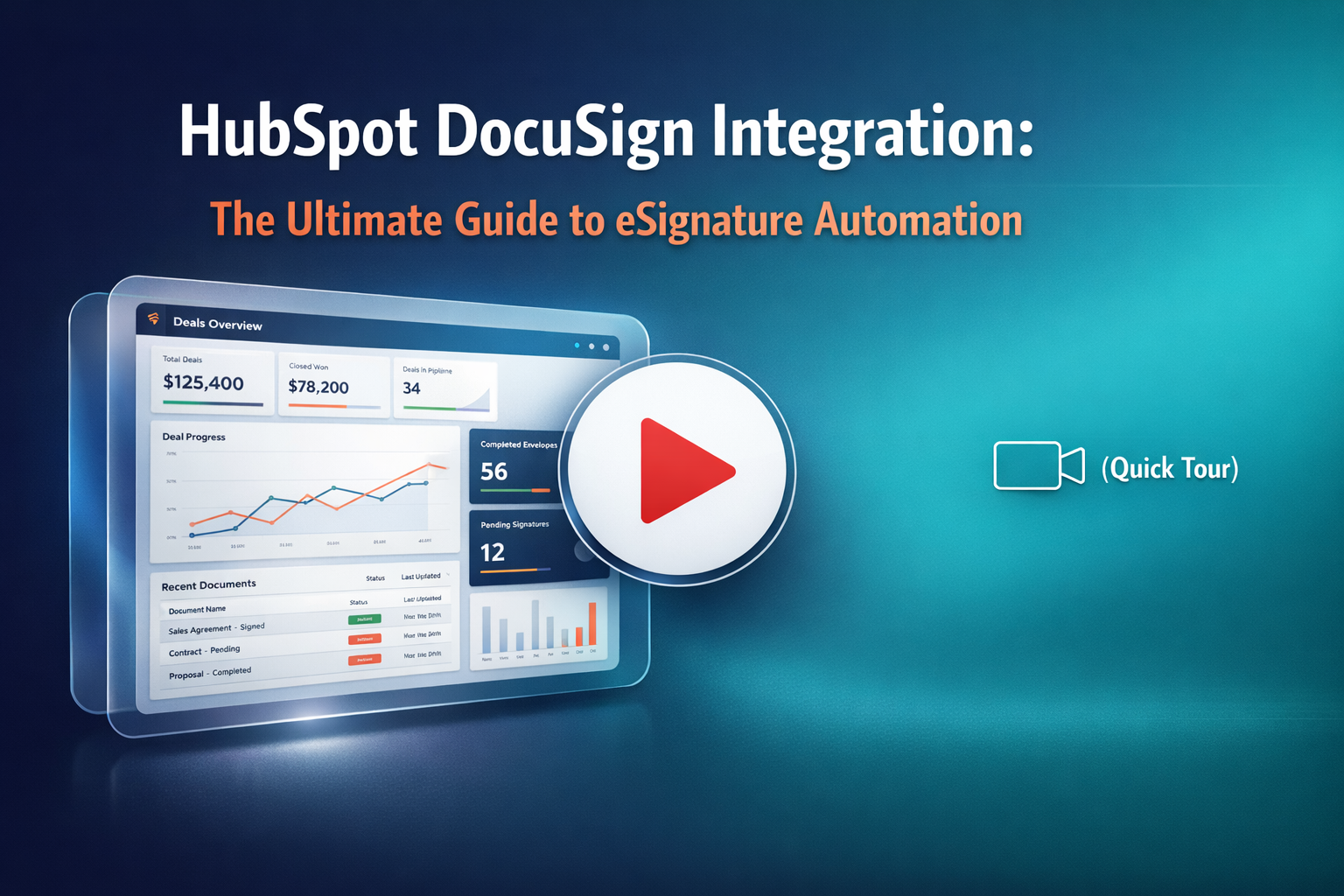Introduction
Data migration is a critical process for businesses looking to transition from on-premises CRM systems to cloud-based solutions. Whether driven by the need for enhanced flexibility, cost-effectiveness, or accessibility, the successful migration of CRM data is vital to maintain business continuity and optimize operations. However, data migration can be complex and fraught with challenges if not executed properly. In this article, we will explore the best practices for a successful data migration from on-premises to cloud CRM, ensuring a seamless transition and maximum benefits.
Plan Ahead and Set Clear Objectives:
The foundation of a successful data migration lies in thorough planning and setting clear objectives. Start by assessing your current CRM system and understanding the specific data sets to be migrated. Define your migration goals, timelines, and budget to align your migration process with business priorities.
Data Cleansing and De-duplication:
Before migrating data to the cloud CRM, ensure your data is clean and free from duplicates and errors. Perform a data audit to identify inconsistencies and outdated information. Cleaning and de-duplicating data beforehand will prevent issues that may arise during the migration process.
Choose the Right Migration Tool:
Selecting the right data migration tool is crucial for a smooth migration process. The Trujay Migration Wizard is a tool that aligns with your CRM platforms, offers automation, data mapping, and supports various data formats. Trujay migration wizard can significantly reduce manual effort and streamline the migration process.
Conduct Test Migrations:
Before executing the full-scale migration, perform test migrations with a subset of data. Test migrations allow you to identify potential issues and validate the accuracy of data mapping. It also helps to familiarize your team with the migration process and iron out any challenges.
Implement Security Measures:
Data security is of paramount importance during the migration process. Ensure that the migration tool and cloud CRM have robust security features, including data encryption, access controls, and compliance certifications. Prioritize data privacy to safeguard sensitive information.
Train Your Team:
Invest in comprehensive training for your team members who will be using the new cloud CRM system. Familiarize them with the features and functionalities of the cloud CRM to promote user adoption and ensure a seamless transition.
Monitor and Optimize:
During the migration process, closely monitor the data transfer and performance. Keep a close eye on data integrity and resolve any issues promptly. After migration, continuously optimize your cloud CRM system based on user feedback and evolving business requirements.
Backup and Disaster Recovery:
Ensure that you have a robust backup and disaster recovery plan in place before initiating the migration. Having backup copies of your data ensures data integrity and enables recovery in case of unforeseen issues.
Conclusion
Data migration from on-premises to cloud CRM is a critical step in embracing the benefits of cloud-based solutions. By following these best practices, businesses can ensure a successful migration that minimizes disruptions and maximizes the value of their CRM investment. Remember that well-executed data migration is a foundation for a more efficient, scalable, and agile CRM environment, contributing to improved customer experiences and overall business growth.
Are you planning to migrate your CRM data to the cloud? Contact us now for a free consultation and discover how Trujay's data migration service can make your migration journey smooth and successful. Unlock the full potential of your CRM with our expert migration assistance. Get started today!
-2.png)








